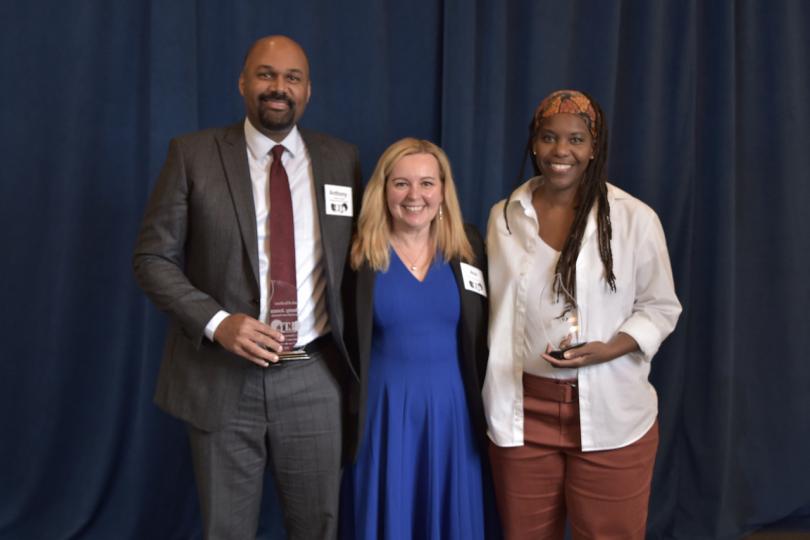Chemical Carcinogenesis
Lectures and discussion of the chemical and biochemical reactions of chemical carcinogens and their metabolites.
Lectures and discussion of the chemical and biochemical reactions of chemical carcinogens and their metabolites.
A review of common practice diatonic and chromatic harmony, through written work and analysis. May not be used to satisfy major requirements for Bachelors degrees in the College of Fine Arts. Lecture, two hours per week.
This course is designed to provide insight into the special needs of adult and pediatric patients in the acute care setting who are near the end of life. This course will cover pain and symptom management; ethical issues in palliative care nursing; cultural considerations in end-of-life care; communication, loss, grief, and bereavement; achievement of quality care at end-of-life; and preparation for and care at the time of death.
By Stacey Gish
 LEXINGTON, Ky. (Oct. 14, 2022) — More than 60 alumni and students were honored during the 31st annual Lyman T. Johnson Awards program Friday, Oct. 14, at the Gatton Student Center.
LEXINGTON, Ky. (Oct. 14, 2022) — More than 60 alumni and students were honored during the 31st annual Lyman T. Johnson Awards program Friday, Oct. 14, at the Gatton Student Center.
To provide students with course credit for faculty supervised internships with governmental and non- governmental organizations. May be repeated to a maximum of nine credits.
A study of Russian culture to 1800 emphasizing Slavic paganism, Orthodox Christian culture in Kiev, Novgorod, and Muscovy, and the impact of the West in the Seventeenth and Eighteenth Centuries.
Introduction to integral calculus, integrations of logarithmic and exponential functions. Applications to the life sciences including biochemical rates and reactions and radioactive decay. An introduction to biological models and their associated differential equations.
Continuation of MA/EM 527 with emphasis on special topics and techniques applied to partial differential equations that occur in various physical field theories. Field equations of continuum mechanics of solids and fluids are reviewed. The method of characteristics, elliptic functions and integrals, Legendre polynomials, Mathieu functions, integral equations and transforms, and the methods of potential theory are examples of selected topics studied in introductory applications. Intended for students in applied mathematics, science and engineering.
This course is remedial in nature and covers material commonly found in second year high school algebra. Specific topics to be discussed include numbers, fractions, algebraic expressions, simplifying, factoring, laws of exponents, linear equations, simple graphs and polynomial algebra. This course is not available for degree credit toward a bachelor's degree. Credit not available on the basis of special examination.